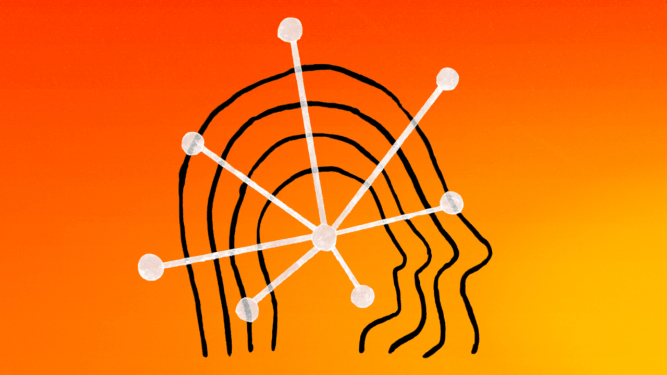On Monday, Anthropic launched a web app for its viral AI coding assistant, Claude Code. This new application allows developers to create and manage multiple AI coding agents directly from their web browser.
Claude Code for web is now rolling out to subscribers of Anthropic’s Pro plan, which costs twenty dollars per month, as well as its Max plans, which cost one hundred and two hundred dollars per month. Pro and Max users can access Claude Code on the web by visiting claude.ai, the same website for Anthropic’s consumer chatbot, and clicking on the Code tab.
This launch represents Anthropic’s latest effort to evolve Claude Code beyond a command-line interface tool that developers access from a terminal. By bringing Claude Code to the web, Anthropic hopes developers will start using AI coding agents in more places and contexts.
The market is increasingly competitive for tech companies trying to make their AI coding tools stand out. While Microsoft’s GitHub Copilot once dominated the space, companies like Cursor, Google, OpenAI, and Anthropic now have highly performant AI coding tools of their own, many of which are already available on the web.
That said, Claude Code is arguably one of the most popular options. Anthropic’s flagship coding tool has grown tenfold in users since its broader launch in May, and the product now accounts for more than five hundred million dollars of the company’s revenue on an annualized basis.
Anthropic Product Manager Cat Wu said in an interview that she attributes a large part of Claude Code’s success to the company’s AI models, which have become a favorite among developers in recent years. However, Wu also noted that the Claude Code team deliberately tries to sprinkle in some fun to the product wherever they can.
Wu stated that Anthropic will continue to put Claude Code in more places, but the terminal will likely remain the home base for their AI coding product. She said that as they look forward, one of their key focuses is making sure the command-line interface product is the most intelligent and customizable way for users to interact with coding agents. But the company is committed to putting Claude Code everywhere to meet developers wherever they are, with web and mobile being a big step in this direction.
Anthropic claims that ninety percent of the Claude Code product itself is written by the company’s AI models. Wu, who was previously an engineer, mentioned that she rarely ever sits down at a keyboard to write code anymore and mostly just reviews the outputs from Claude Code.
Early AI coding tools functioned like autocomplete, finishing lines of code as developers wrote them. But the agentic generation of AI coding tools, including Claude Code, allows developers to create agents that work autonomously. This shift has led millions of software engineers to act more like managers of AI coding assistants in their daily jobs.
This change has not been welcomed by every developer. One recent study found that some engineers were actually slower when using AI coding tools like Cursor. Researchers suggested one factor could be that engineers in the study spent much of their time prompting and waiting for AI tools to finish, rather than working on other problems. AI coding tools also struggle in large, complex code bases, so engineers may have spent a lot of time working through incorrect responses from the AI model.
Nevertheless, companies like Anthropic are continuing to push ahead with developing AI coding agents. Anthropic CEO Dario Amodei predicted a few months ago that AI should soon be writing ninety percent of code for software engineers. While that may be true inside of Anthropic, this shift may take longer to materialize in the broader economy.

